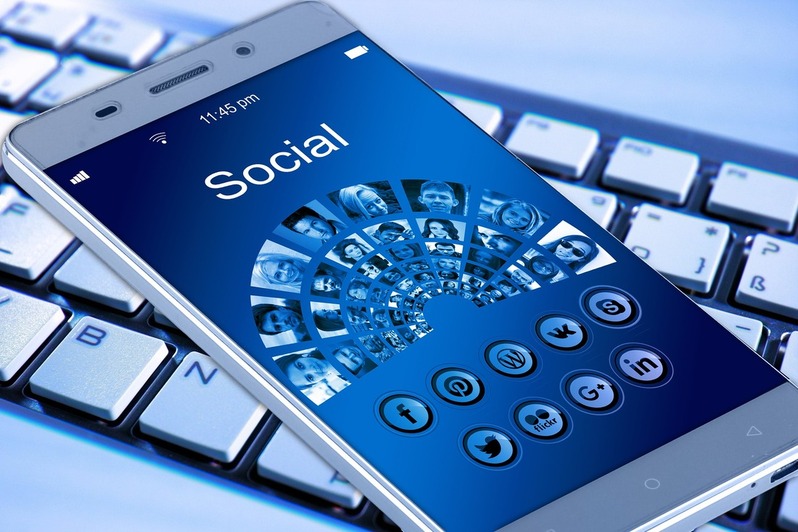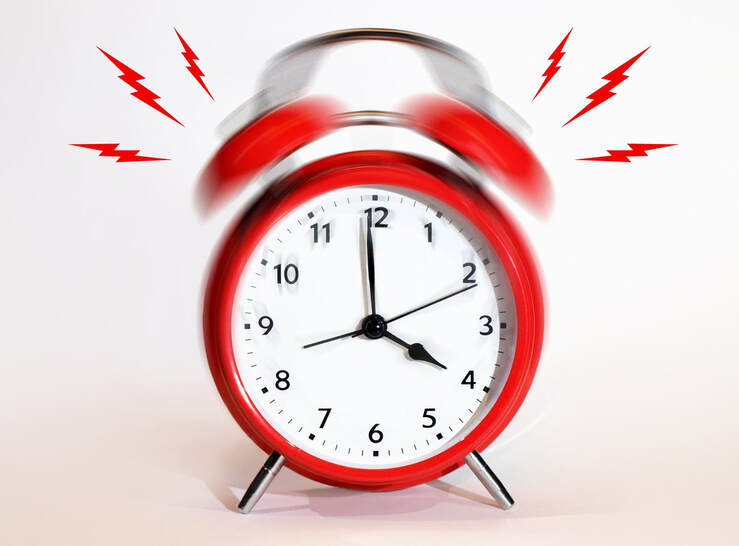Is Blue Light Accelerating Your Aging?
In the past decade alone, personal technologies like cell phones, laptops, and tablets have become increasingly popular. It seems like everywhere, there are people glued to some type of screen. Needless to say, an increased usage of digital technologies have led individuals to become more exposed to artificial light. Artificial light is any light source that is produced by electrical means. This can include the LEDs that light up a home, the TV, and even the device this article is being read on. But what’s the big deal about artificial light?
Among all the different kinds of artificial light, blue light is one that raises the most concern. Natural blue light from the sun can be used by the body to regulate sleep and wake cycles. This is called the circadian rhythm. The circadian rhythm is important in ensuring one feels tired at night to go to sleep, and energized and refreshed to wake up in the morning. However, blue light can be damaging with too much exposure. This excess of blue light comes from staring at electronic screens for prolonged periods of time each day. One harmful effect of excessive blue light is shifting the circadian rhythm, making it harder to fall asleep and remaining tired after waking up. Other effects include eye strains and headaches.These effects are the most apparent, and many have experienced these effects in the past.
Among all the different kinds of artificial light, blue light is one that raises the most concern. Natural blue light from the sun can be used by the body to regulate sleep and wake cycles. This is called the circadian rhythm. The circadian rhythm is important in ensuring one feels tired at night to go to sleep, and energized and refreshed to wake up in the morning. However, blue light can be damaging with too much exposure. This excess of blue light comes from staring at electronic screens for prolonged periods of time each day. One harmful effect of excessive blue light is shifting the circadian rhythm, making it harder to fall asleep and remaining tired after waking up. Other effects include eye strains and headaches.These effects are the most apparent, and many have experienced these effects in the past.
Image Source: SarahRichterArt
A 2019 study by Oregon State University explored whether there were underlying health effects to blue light exposure that were not as apparent. This study used the common fruit fly, Drosophila melanogaster, to test the effects of blue light, since this species shares similar cellular mechanisms with humans. The fruit flies were placed into three groups. The first group was placed in an environment with constant darkness. The second group experienced 12 hours of darkness and 12 hours of white light, with blue light blocked. The third group experienced 12 hours of darkness and 12 hours of blue light. The research showed that flies in the blue light group had significantly reduced longevity. Upon further classification, researchers found that the flies exposed to the 12 hours of blue light showed damage to retinal cells and nerve cells in the eyes and brain. This damage is normally seen over time due to aging. In fact, these effects were even seen in flies that were blind; indicating that the flies did not have to see the light to be affected by it.
Because the group exposed to blue light showed a dramatic reduction in lifespan, researchers are concerned with the prolonged exposure to blue light among human health. LEDs and electronic displays have been relatively new innovations, so not much information is known about their long-term impacts on human longevity. Regardless, the researchers of this study advise everyone to avoid blue light when they can. Although short-term effects of blue light exposure typically subside after a couple days, the long-term effects may be much more concerning.
For now, it may be wise to limit time using cell phones, computers, and tablets. However, If this is not feasible, individuals can invest in lenses that will filter out the blue light, so it does not reach the retina. Phones and computers are also becoming equipped with options to block blue emissions. As more research is done on the effects of blue light and artificial light as a whole, one should take precautions based on the decisive findings of this study. Taking these precautions will not only benefit an individual’s circadian rhythms but may also avoid health problems later on in life.
Because the group exposed to blue light showed a dramatic reduction in lifespan, researchers are concerned with the prolonged exposure to blue light among human health. LEDs and electronic displays have been relatively new innovations, so not much information is known about their long-term impacts on human longevity. Regardless, the researchers of this study advise everyone to avoid blue light when they can. Although short-term effects of blue light exposure typically subside after a couple days, the long-term effects may be much more concerning.
For now, it may be wise to limit time using cell phones, computers, and tablets. However, If this is not feasible, individuals can invest in lenses that will filter out the blue light, so it does not reach the retina. Phones and computers are also becoming equipped with options to block blue emissions. As more research is done on the effects of blue light and artificial light as a whole, one should take precautions based on the decisive findings of this study. Taking these precautions will not only benefit an individual’s circadian rhythms but may also avoid health problems later on in life.
Featured Image Source: geralt
RELATED ARTICLES
|
Vertical Divider
|
Vertical Divider
|
Vertical Divider
|






